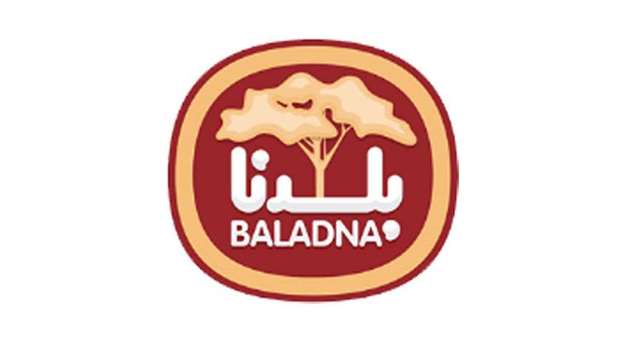The initial public offering (IPO) of Baladna, the yet to be established holding arm of dairy and beverage firm BFI (Baladna Food Industries), has hit the market with local investors getting increasingly interested for the 988.52mn shares at QR1.01 each.
The company is offering 75% stake to public through an IPO, through which it is planning to raise as much as QR1.43bn. The 75% IPO includes 52%, or 988.52mn, shares to individual and corporate investors and 23%, or 437.23mn, shares to such "strategic" investors as General Retirement and Social Insurance Authority (10%), Hassad Food (5%), Al Meera Consumer Goods (4%), and Mwani Qatar and Widam Food (2% each).
The offering provides eligible investors the opportunity to invest in BFI, Qatar's beacon of self-sufficiency in the dairy sector, through the new holding company Baladna.
"The offer, which is first from the new dairy sector, is expected to attract local investors as they are offered now at a face value of QR1 a piece. While there are compelling economic reasons, there is also a sense of pride (being the first one to effectively counter the blockade), hence there are every chances of it getting over-subscribed," an industry source said.
Considering that the dairy sector has high growth potential with the government's direct and indirect support, the earnings graph looks "positive", he said, adding the stock could also be an attraction for the secondary investors.
On the basis of developments in the fiscal period ended June 30, 2019, the founders and senior management currently expect higher revenue growth to be in the range of 150%-170% for the fiscal year ending December 31, 2019 compared to the previous fiscal year, according to Baladna’s IPO prospectus.
The expected EBITDA (earnings before interest, taxes, depreciation and amortisation) margin for the fiscal year ending December 31, 2019 is to be in the range of 40%-50%, including government support, which is slated to be QR248.7mn for the full year 2019.
"Considering the low base, the (bottom line) growth is expected to be robust, which in itself, will attract institutional investors," said an analyst working with a leading investment firm.
According to the company's IPO prospectus, the government has in place certain measures that are designed for public safety but may "incidentally offer some advantage" to local dairy producers.
For example, effective March 21, 2019 Qatar has banned the importation of UHT (long life) milk produced from powder, which is generally considered to be less healthy than powder-free milk. In addition, the validity of UHT milk imported and sold in Qatar cannot be more than three months and must have at least 80% of its validity period remaining at the time of entry into Qatar.
The offering provides eligible investors the opportunity to invest in BFI, Qatar's beacon of self-sufficiency in the dairy sector, through the new holding company Baladna.
"The offer, which is first from the new dairy sector, is expected to attract local investors as they are offered now at a face value of QR1 a piece. While there are compelling economic reasons, there is also a sense of pride (being the first one to effectively counter the blockade), hence there are every chances of it getting over-subscribed," an industry source said.
Considering that the dairy sector has high growth potential with the government's direct and indirect support, the earnings graph looks "positive", he said, adding the stock could also be an attraction for the secondary investors.
On the basis of developments in the fiscal period ended June 30, 2019, the founders and senior management currently expect higher revenue growth to be in the range of 150%-170% for the fiscal year ending December 31, 2019 compared to the previous fiscal year, according to Baladna’s IPO prospectus.
The expected EBITDA (earnings before interest, taxes, depreciation and amortisation) margin for the fiscal year ending December 31, 2019 is to be in the range of 40%-50%, including government support, which is slated to be QR248.7mn for the full year 2019.
"Considering the low base, the (bottom line) growth is expected to be robust, which in itself, will attract institutional investors," said an analyst working with a leading investment firm.
According to the company's IPO prospectus, the government has in place certain measures that are designed for public safety but may "incidentally offer some advantage" to local dairy producers.
For example, effective March 21, 2019 Qatar has banned the importation of UHT (long life) milk produced from powder, which is generally considered to be less healthy than powder-free milk. In addition, the validity of UHT milk imported and sold in Qatar cannot be more than three months and must have at least 80% of its validity period remaining at the time of entry into Qatar.


